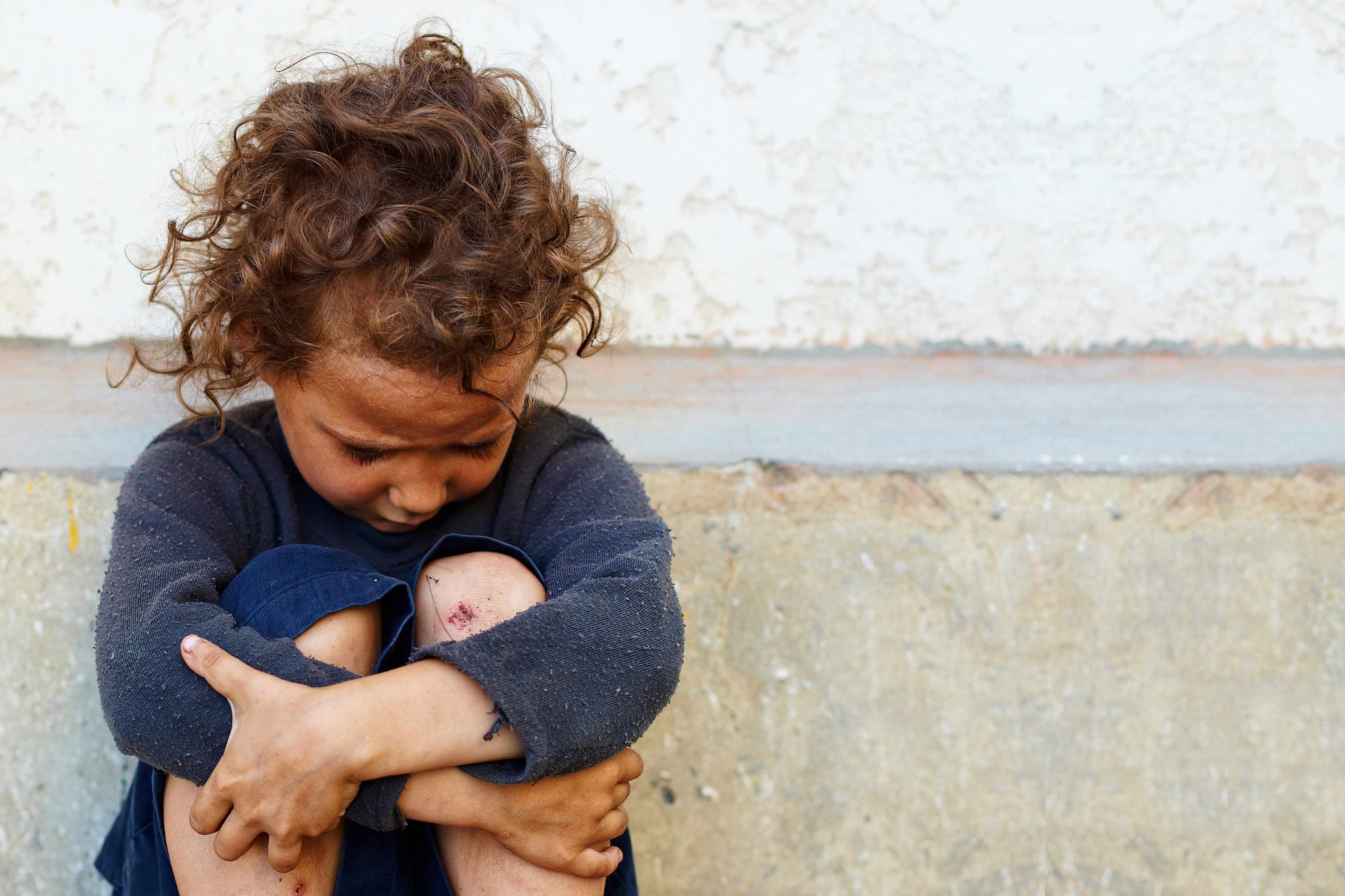-
Something to Think About: The enemy of compassion is …

Let go of fear, if you wish to be compassionate.
Dear friend,
We were visiting Orlando, Florida. A bus pulled up to drop off a few passengers. A girl, about eight years old, didn’t seem too well. As she was coming out, right before exiting, she threw up. The floor was littered with food. Everyone took four steps back. Suddenly she had become untouchable. I could see fear in people’s eyes. “Is she infectious…What if she has E. coli…I hope I don’t get that bug…I need to watch my kids.” Amid perception of personal threat, we all closed in. Meanwhile, the girl’s elderly grandmother, with much effort, picked her up and took her out of the bus. People covered their noses, repulsed by the secretions.
Do you know what was missing? Compassion.
Fear and disgust dominated our minds, not compassion for the little girl—we were too fearful to be compassionate. Fearful of what? The child had just mild food poisoning. She would be fine in a day or two. She wasn’t even infectious. The experience taught me a lesson.
The first barrier to compassion is fear. I fear that I might get hurt. I fear that my compassion will be misjudged. I fear that my compassion might not help. I fear I will be too stretched. When I am lost in personal “what ifs,” I am unavailable for compassion.
Two types of fear hurt compassion. First is the fear of the person. This fear may occur because of potential harm from the person—intentional or unintentional. Fear provokes self-protective thoughts and actions that totally crowd one’s mind and leave no bandwidth for any other thought. The second type is fear of compassion itself. Why should that be?
People fear compassion for many reasons. Some get distressed at seeing others’ suffering and thus avoid it. Some feel compelled to follow the group norm and try to fit in if it doesn’t support compassion. Others may think compassion enables bad behavior. A few have been hurt by prior acts of compassion. Those involved in caring professions or who have seen a lot of suffering may develop compassion fatigue. Finally are those who feel their compassion will deplete their resources; finite as their energy is, they wish to use it only for the people closest to them (those who can reciprocate their compassion).
When we fear giving out compassion to others, we struggle with receiving it from them. We also are unable to be compassionate toward the self. We feel less worthy and call out compassion as weakness. We also fear that if we are kind and nonjudgmental to the self, then something bad will happen.
I need to overcome these barriers. I wish to be compassionate toward myself, to trust the compassion the world sends me, and to send compassion back to the world in return. The first step is to be compassionate toward myself, by believing that I deserve compassion.
I need to believe that I am fulfilling an important meaning that the world cares about. I need to believe that I am a kind human being. I need to pick a small part of the world and invest my time and resources to make it a little happier and more hopeful than I found it. If I am able to do that, I will not feel like an imposter in my world. Once I am self-compassionate, I will be a better receiver of the compassion sent to me, and thus I will have extra energy. That will allow me not to see compassion as depleting and be fearful of it, but to wake up each day and generously give out my compassion.
Cultivate compassion by relinquishing fear. It will give you more joy than you can ever imagine.
May you not fear compassion; may compassion remove your fears.
Take care.
Amit
Read The enemy of compassion and previous blog posts.
Also, follow @AmitSoodMD on Twitter.







